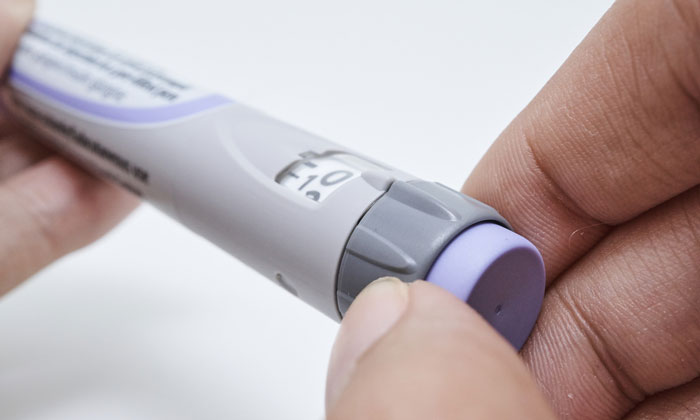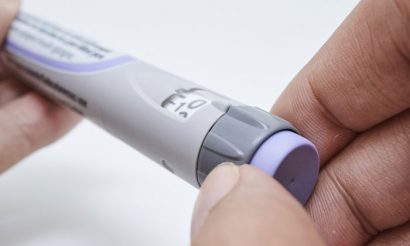New economic data finds Novo Nordisk’s insulin degludec most cost effective diabetic treatment
Posted: 14 March 2017 | | No comments yet
A new health economic analysis of two Phase 3b trials has demonstrated that Novo Nordisk’s Tresiba is a cost-effective option for diabetes…


A new health economic analysis of two Phase 3b trials has demonstrated that Novo Nordisk‘s Tresiba (insulin degludec) is a cost-effective option for people living with type 1 and type 2 diabetes compared to insulin glargine U100 (Lantus).


These data demonstrate that insulin degludec’s cost effectiveness is driven by its reduction in recurrent and costly episodes of hypoglycaemia.
Target trials
The health economics analysis was based on data from the SWITCH 1 and 2 treat-to-target trials. The SWITCH studies are the first-ever, double-blinded, crossover basal insulin studies, which were designed to assess the safety and efficacy of insulin degludec compared to insulin glargine U100 in patients at high risk of hypoglycaemia with type 1 diabetes (SWITCH 1) and type 2 diabetes (SWITCH2).
The analyses measured the costs of insulin, needles, blood glucose tests, hypoglycaemic events and disutility for different types of hypoglycaemic events. These measurements were used to populate an NHS-focused cost-effectiveness model.
Annual cost-saving
The analysis of SWITCH 1, showed an estimated annual cost saving of £12.83 per patient with a quality-adjusted life years (QALY) gain of 0.0208. This means that insulin degludec was less expensive and more effective, in health economic terms, when compared with insulin glargine U100, when treating patients with type 1 diabetes. The analysis of SWITCH 2 showed that there was an annual cost-difference of £42.56 more for people with type 2 diabetes treated with insulin degludec compared to insulin glargine, though this was balanced by a QALY gain of 0.0056, in favour of insulin degludec.
Dr Marc Evans, Consultant Diabetologist at Llandough Hospital, commented, “Diabetes continues to be one of the most common life-threatening conditions in England, accounting for almost 10% of the drugs bill.
Given the growing prevalence of diabetes in the UK, the availability of an insulin treatment that provides cost savings, particularly in type 1 diabetes, through reducing the risk of hypoglycaemic episodes, which incur staff management, glucose strip testing and treatment costs, can only have positive implications for the NHS’ stretched budgets.”
Avideh Nazeri, Director of Clinical, Medical and Regulatory at Novo Nordisk UK commented, “As a global healthcare company, we are committed to developing modern and innovative therapies that are financially, environmentally and socially responsible.
“The announcement is a positive milestone for us at Novo Nordisk as we are now able to robustly demonstrate cost-effectiveness of insulin degludec based on double blinded cross-over trials in patients with type 1 and type 2 diabetes.




